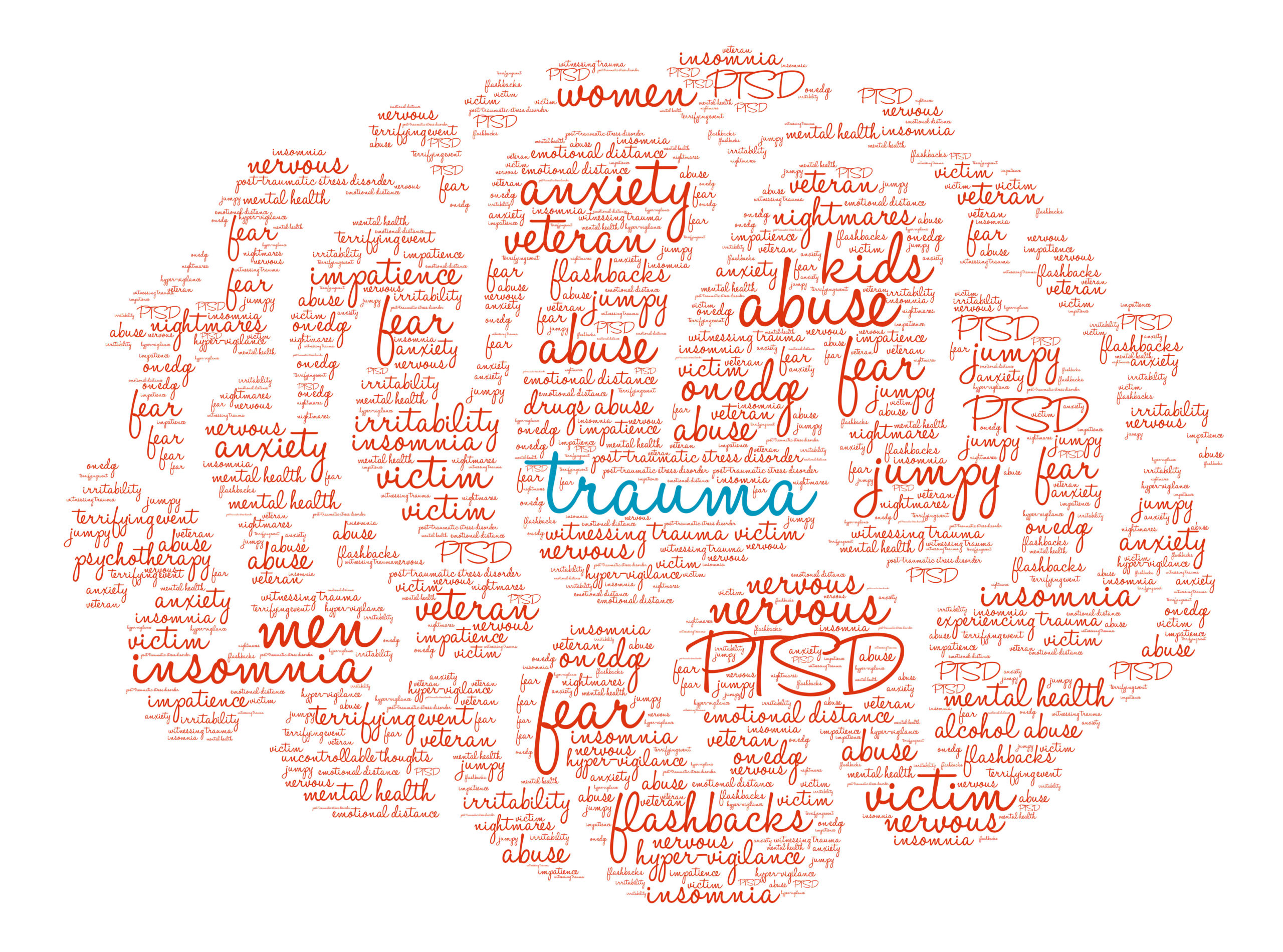
21 Nov How Does Trauma Subtly Show Up In Everyday Life
What Is Trauma?
We often associate the word “trauma” with catastrophic events like fatal accidents, terror attacks, battlefield combat, mass shootings, physical violence, sexual violence, etc. Trauma does include all of these, but also much more. Trauma can be understood by us as a dangerous, forceful or shocking event (or series of events) that can cause high-stress levels and adverse mental, emotional and physical effects. Trauma need not involve actual physical harm to self or others; an event can be traumatic if it overpowers a person’s ability to respond to it and contradicts one’s worldview. These events can include things like verbal abuse, emotional neglect, a significant loss, systemic discrimination, bullying, and even a pandemic!
Trauma affects everyone differently. The impacts of trauma can be subtle as well as evident, depending on various factors like socio-cultural, environmental, developmental, or interpersonal. Some individuals may display symptoms and behaviors associated with diagnosable conditions such as PTSD (post-traumatic stress disorder). Many persons, however, exhibit trauma responses that fall outside diagnosable criteria and show up subtly. Nevertheless, they can affect daily functioning, world view, view of the self, and the future adversely. Following are some of the ways in which trauma can show up in daily life, and may require support in healing over a long period.
1) Sleep:
- Getting recurrent or distressing dreams about a traumatic event
- Inability to sleep (insomnia)
2) Thought and Memory: Recurring intensive memories of the incident, “flashbacks”
- Intrusive, repetitive thoughts
- Inability to recall or remember important parts of the event
3) Behavior:
- Avoiding people, places, or things related to the event
- Increased alertness, heightened sensitivity (hypervigilance)
- Experiencing or fantasizing about an altered reality
- Zoning out when trauma is triggered, hence the inability to be present in a conversation or task (dissociation)
4) Feelings:
- Difficulty feeling positive emotions
- Fear, anxiety, and panic
- Feeling that the world around is unreal or foggy (derealization)
- Inability to feel connected to one’s own body (depersonalization)
- Feeling overwhelmed
- Denial, anger, or shame
5) Physical symptoms:
- Dizziness
- Palpitations
- Fatigue
- Digestive issues
- Headaches
- Irritability towards bright lights and loud noises
Apart from the above-mentioned signs and symptoms, unresolved emotional trauma can also affect us in ways that might not be evident at first. Often, people become averse to experiencing painful emotions, hence they tend to withdraw or shut off emotions that begin to affect their relationships. This further adds to the psychological pain. They may feel like the people in their lives are suddenly taking up too much space, time and attention. Life can seem unmanageable and overwhelming in numerous ways. Since unresolved emotions are often bubbling just under the surface, any incident that brings up a memory of the trauma can lead to their unleashing. In such situations, people may feel surprised at their own overreactions to certain situations! In an attempt to avoid psychological suffering, people may end up spending a lot of time daydreaming and living in an imagined safer reality. This takes a toll as it becomes difficult to navigate the real world.
Trauma can also often distort our view of our own selves and lead us to believe that the future is hopeless. We may end up blaming ourselves; thinking of ourselves as damaged and incompetent. We start perceiving the world as dangerous, unsafe, and unpredictable. It can become difficult to imagine a future without suffering or negative outcomes. We may develop restricting and limiting beliefs where normal life events won’t occur for us (like access to education, good work opportunities, and fulfilling relationships). As a result, it can affect our ability to utilize our inner resources or trust external support systems. If left untreated, these tendencies can contribute to developing, sustaining, or worsening mental health issues such as anxiety and depression. In absence of proper help and support, individuals may go on to adopt unhealthy coping mechanisms such as substance abuse and addictions.
If these signs seem familiar and you believe you may be suffering from trauma, help is available right here. An empathetic, trauma-informed, licensed professional can work with you in your healing journey to a fulfilling life. Take the first step by booking an appointment with our experts today.

No Comments